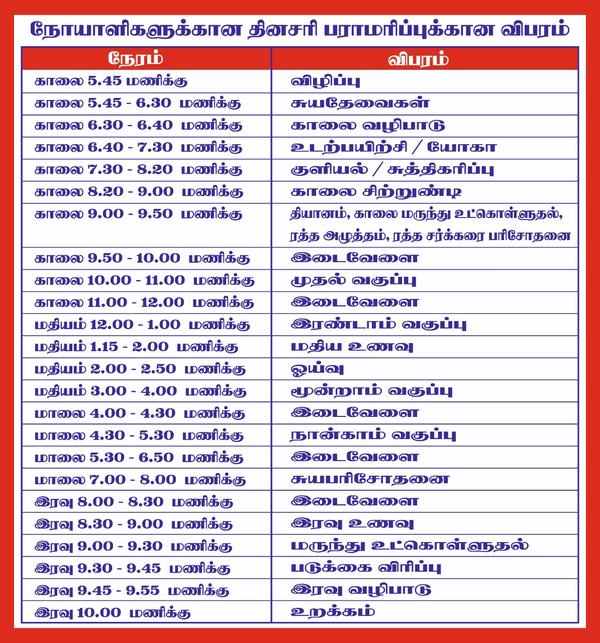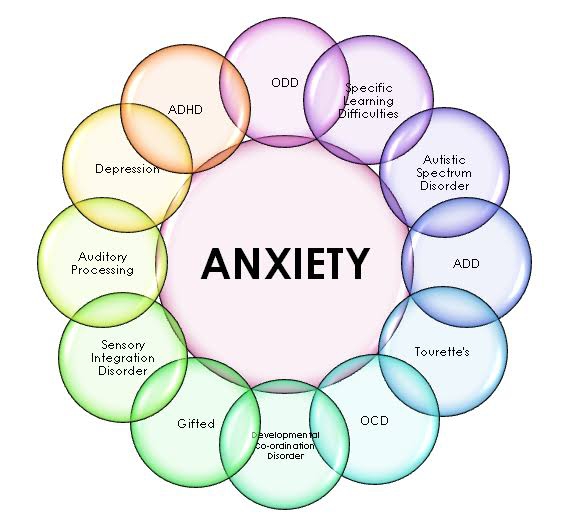
SUBSCRIBE Depression Guide Psychotherapy fo...

SUBSCRIBE Depression Guide Psychotherapy for Depression Psychotherapy -- or "talk therapy" -- is an effective treatment for clinical depression. On its own, it may not be enough to treat severe depression. But it can play an important role when used with other treatments, including medications. What Can It Do? It's used to help the person find ways to deal with everyday stressors. It can also encourage you to use your medications properly. Many studies support the idea that therapy can be a powerful treatment for depression. Some, although not all, have also found that combining depression medicine with therapy can be very effective. A large-scale trial involving more than 400 people with treatment-resistant depression found that talk therapy alongside medication made symptoms easier to take. What Are The Benefits? There are a number of them: It can help ease stress. It can give you a new perspective on problems. It can make it easier to stick to your treatment. You can use it to learn how to deal with side effects from your medicine You learn ways to talk to other people about your condition. It helps catch early signs that your depression is getting worse. What Are the Different Types? Cognitive therapy, behavioral therapy, and cognitive behavioral therapy focus on how your own thoughts and behaviors contribute to your depression. Your therapist will help you learn ways to react to things and challenge your preconceptions. You and your therapist might come up with goals. You might also get "homework" assignments, like to keep a journal or apply problem-solving techniques in particular situations. ADVERTISEMENT Interpersonal therapy focuses on how your relationships with others play a role in your depression. It focuses on practical issues. You will learn how to spot unhealthy behaviors and change them. Psychodynamic therapyis more traditional. You and your therapist explore behavior patterns and motivations that you may not be aware of which could contribute to depression. You may focus on any traumas from your childhood. Individual counseling is a one-on-one session with a professional therapist who might be an MD (psychiatrist/doctor), PhD (psychologist), PsyD (psychologist), LCSW (licensed clinical social worker), or NP (nurse practitioner), with experience in treating depression and other mood disorders. Your therapist can teach you more about depression and help you understand yours. You can discuss new strategies to manage stress and to keep your depression from getting worse or coming back. CONTINUE READING BELOW One-on-one sessions can help you identify specific stresses and triggers that worsen your depression. A therapist can help you work through issues at home or at work, and encourage you to maintain healthy connections with family and friends. Your therapist can also help you adopt good habits, like making sure you take your medicines, seeing your doctor regularly, and getting enough sleep. Family counseling treats the entire family -- because it's not only the person with the diagnosis who is affected by depression. If you're depressed, your family feels it, too. And unfortunately, although family members may have the best of intentions, without professional guidance, they sometimes make things worse. Family therapy is a great way for your relatives to learn about depression and the early warning signs. Studies suggest that family sessions might really help with treatment, too, improving lifestyle, compliance with medication, and sleep habits. SAARAL DE ADDICTION AND PSYCHIATRY HOSPITAL the Best Alcohol Deaddiction Centre In Pollachi. Alcohol Rehabilitation Centres In Pollachi, Rehabilitation Centre For Alcohol In Pollachi, De Addiction Centres In Pollachi, Alcohol De Addiction Centres In Pollachi, Alcohol Deaddiction Doctors In Pollachi, Drug De Addiction Centres In Pollachi, Rehabilitation centres in Pollachi
Keywords
Subscribe for latest offers & updates
We hate spam too.


